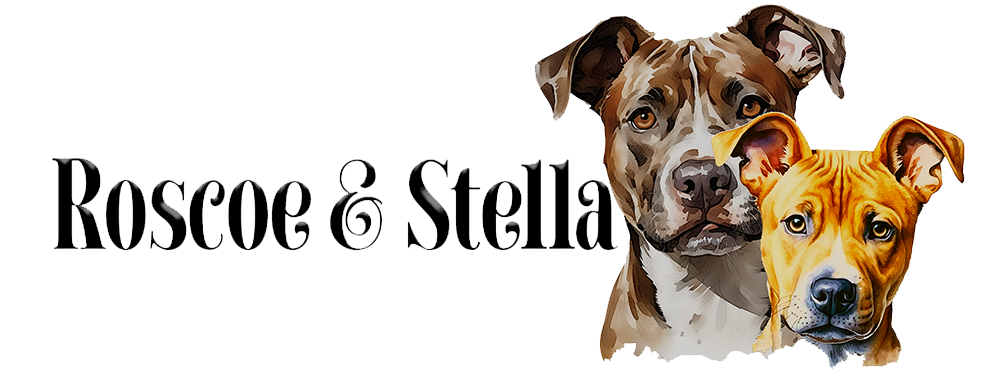How to Socialize a Maltese Puppy (Without Overwhelming Them)
By roscoenstella / June 27, 2025 / No Comments / Dog Blog
Maltese puppies are affectionate, smart, and sensitive—which makes early socialization both essential and delicate. Unlike some confident or boisterous breeds, the Maltese can easily become fearful or anxious if exposed to too much too soon.
In this guide, we’ll go over how to gently and effectively socialize your Maltese puppy so they grow into a well-rounded, confident companion.
Let’s talk about:
🐶 why socialization matters for maltese puppies🐶 how to introduce your puppy to people and places🐶 signs your maltese is overwhelmed🐶 readers personal story🐶 Brain Training for Dogs🐶 final thoughts
Why Socialization Matters for Maltese Puppies
Socialization is more than just letting your puppy meet people—it’s about exposing them to different sights, sounds, surfaces, and situations in a calm, structured way. For Maltese pups, early positive exposure helps reduce fear-based behaviors later in life.
Without socialization, a Maltese may become overly shy, reactive, or anxious around strangers, loud noises, or unfamiliar settings. Socialization teaches your dog that new things are safe, normal, and even enjoyable.
Builds confidence in unfamiliar environments
Prevents fear or aggression toward other dogs and people
Makes grooming, vet visits, and travel easier
Sets a lifelong foundation for calm behavior
How to Introduce Your Puppy to People and Places
Start small and controlled. Your Maltese puppy doesn’t need a parade of people or a dog park on day one. Instead, focus on gradual introductions at their pace.
Begin with:
Quiet guests at home: Let your pup approach them first.
Short outdoor walks with minimal distractions.
New surfaces like grass, gravel, carpet, and tile.
Gentle noises like household appliances (vacuum from a distance at first).
Friendly dogs you know are vaccinated and calm.
Always use treats, praise, and soft encouragement. Never force interaction. Let your Maltese take the lead with curiosity.
Signs Your Maltese Is Overwhelmed
Even good-intentioned socialization can go too fast. Learning to read your puppy’s body language will help you avoid overstimulation.
Look for these signs:
Tucked tail or trembling
Avoiding eye contact or trying to hide
Yawning, lip licking, or pacing
Whining or barking excessively
If you notice these, take a step back. Pause, comfort your pup, and try again later in a quieter setting. Confidence is built with small wins—not pushing past fear.
A Reader’s Story: Confidence Through Kindness
Laura from Florida wrote in about her Maltese puppy, Niko. “He was so scared of everything at first—especially new people.” Instead of flooding him with experiences, she took things slow.
“We started sitting on a quiet bench and watching people walk by. He got treats every time he looked curious instead of hiding.” Within a few weeks, Niko began walking up to strangers with a wagging tail. “Now he’s the most sociable dog at the park.”
🧠 Boost Confidence with Brain Training
Want to take your socialization a step further? Brain Training for Dogs includes calming games that encourage focus, problem-solving, and independence—all while reinforcing trust between you and your puppy.
👉 Click here to explore Brain Training for Dogs
It’s a perfect supplement for sensitive breeds like the Maltese.
Final Thoughts
Socializing your Maltese puppy doesn’t mean overwhelming them—it means gently guiding them through new experiences at a pace they can handle. The goal isn’t just a dog who tolerates the world, but one who enjoys it confidently.
With patience, consistency, and lots of treats, you’ll set the stage for a happy, friendly adult Maltese who’s comfortable anywhere you go together.
